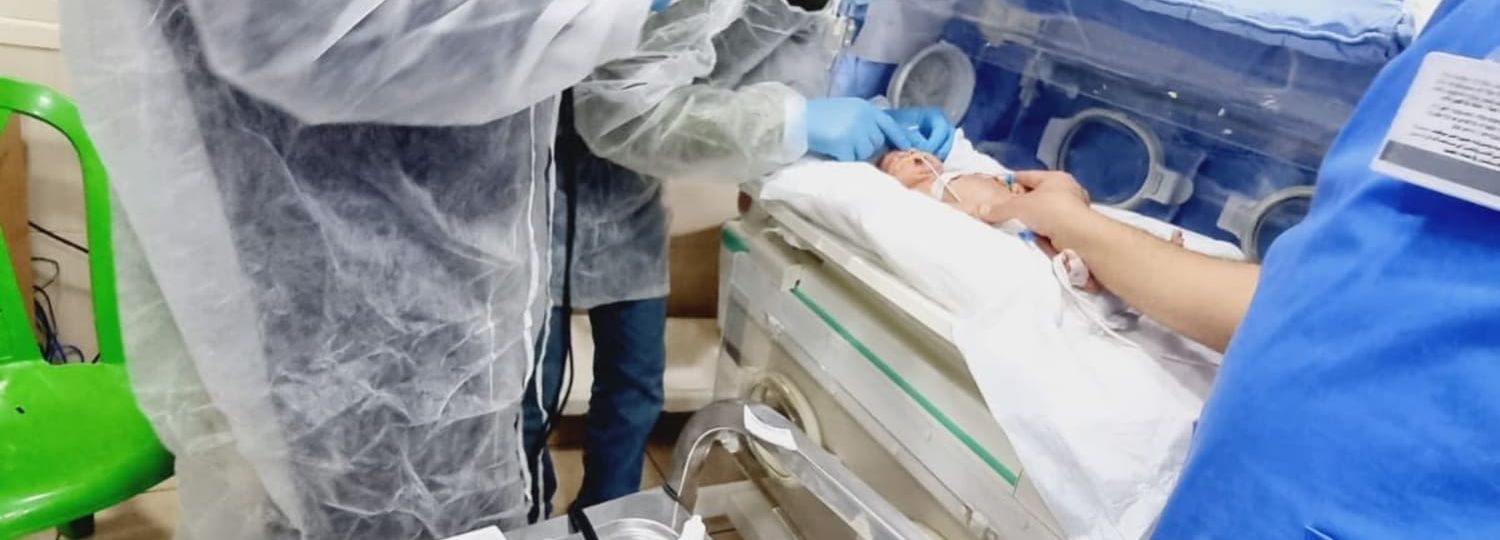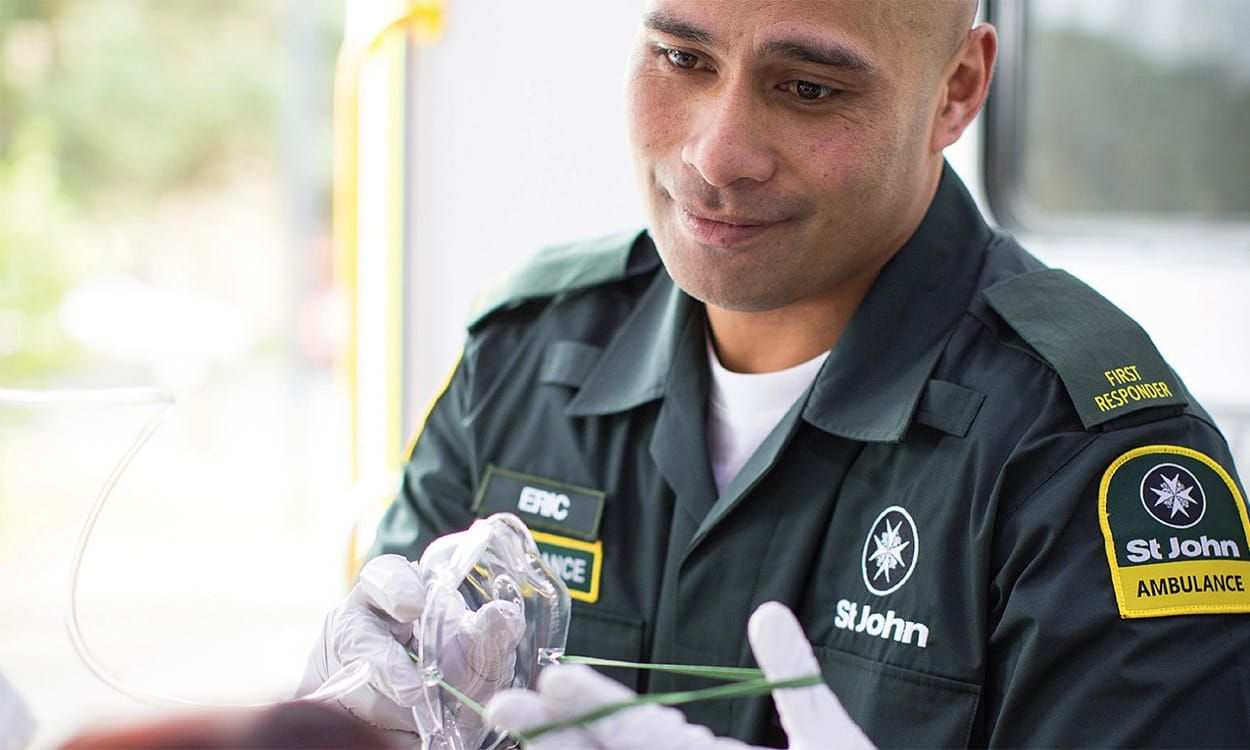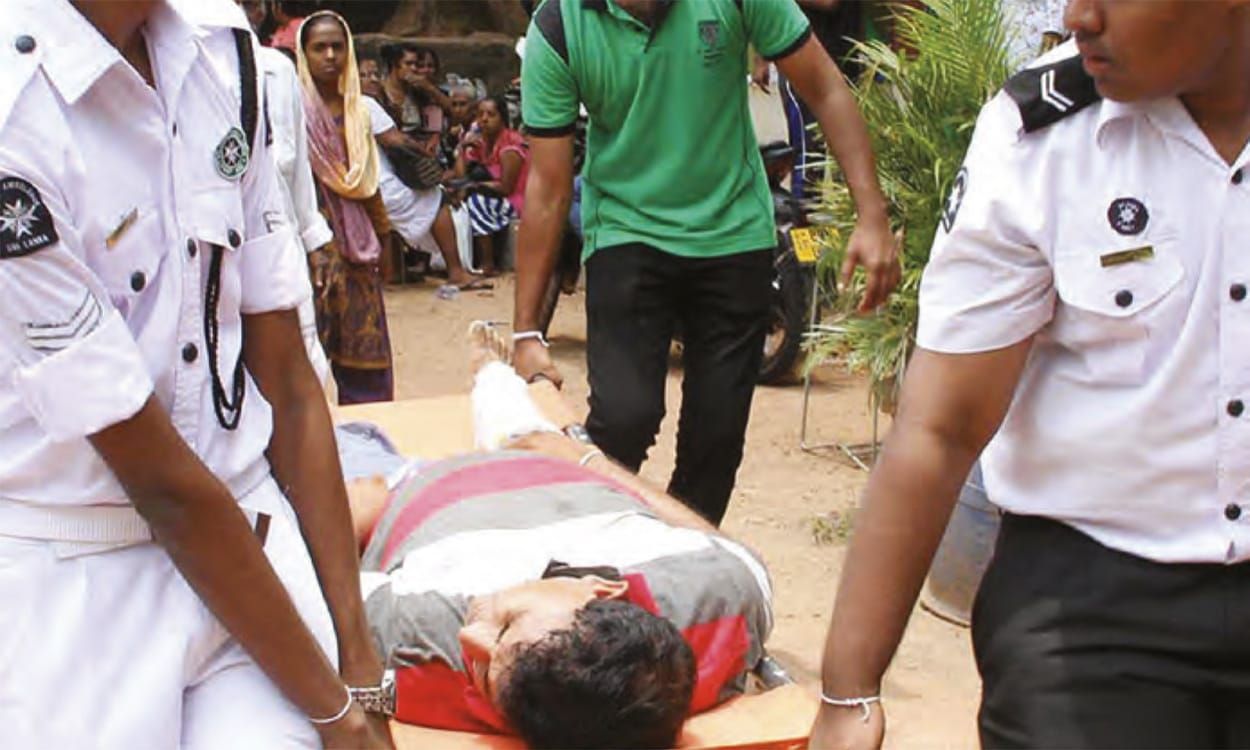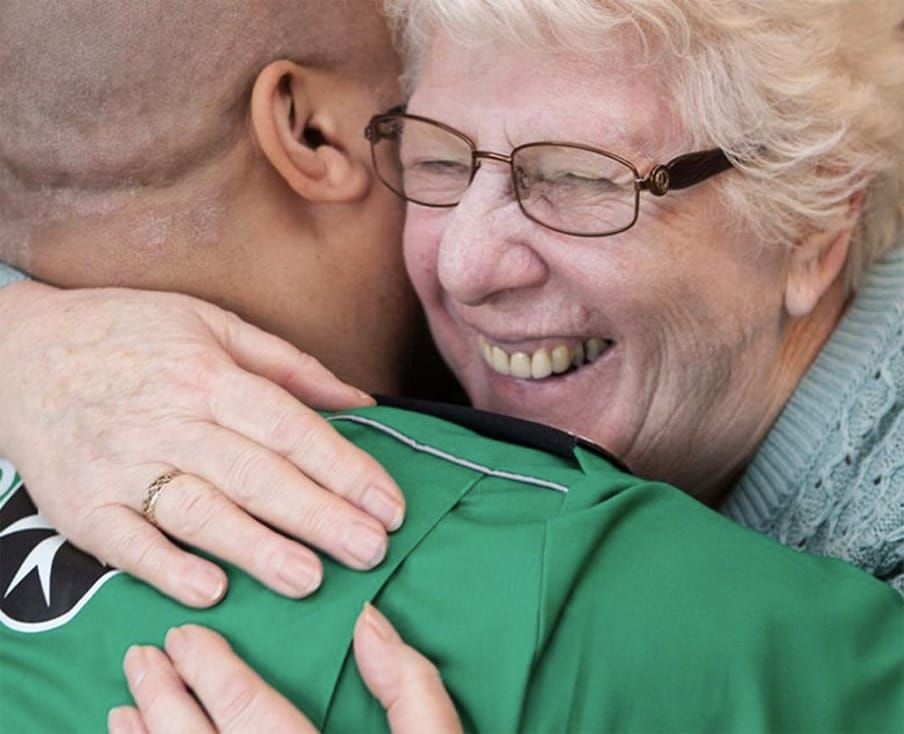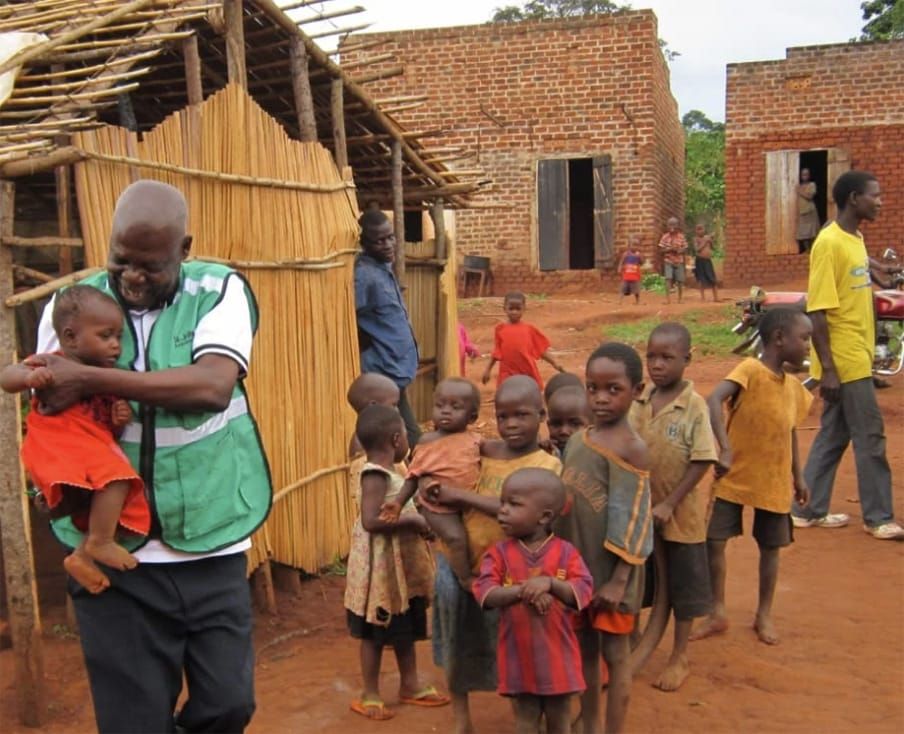This year, St John Eye Hospital is celebrating 140 years of charitable eye care in the Holy Land. To mark this monumental anniversary, three Great Officers of the Order of St John, Lord Prior Mark Compton, Prelate The Right Reverend Timothy Stevens and Chancellor Dr Gillian Willmore, travelled to Jerusalem to celebrate the anniversary and to participate in the September investiture of the St John Eye Hospital Group. Also in attendance on the trip was Susan le Jeune d’Allegeershecque, Secretary General of the Order of St John.
Ultra modern Eye Care at the historic centre of our Order
Today, St John Eye Hospital continues to provide sight-saving treatment to those less fortunate, and children eye care remains a top priority. For many eye conditions detected in children, it is critical that they are treated before they reach the age of 7. If left untreated many conditions can cause permanent blindness.
“The relevance of the Hospital in 2022 is as powerful as when it was first established in 1882.”
One particular eye disease that can occur in babies that are premature (born early) is retinopathy of prematurity (ROP). This is a potentially blinding disease caused by abnormal development of retinal blood vessels in infants who are born prematurely. Babies who are born before 31 weeks of gestation and whose birth weight is less than 1,250 grams are at high risk of developing this disease.
Screening premature infants for ROP is vital to detect abnormal retinal vessels and therefore provide treatment as needed. The timing of these screening tests is critical as delays in treatment will lead to an increased risk of vision loss.
St John Eye Hospital is leading on eye care for children
Recently, St John Eye Hospital Group acquired two retinal cameras to undertake ROP screening in both the West Bank and Gaza. Our Eye Hospital is leading this initiative and is the first eye care provider to use this highly advanced technology.
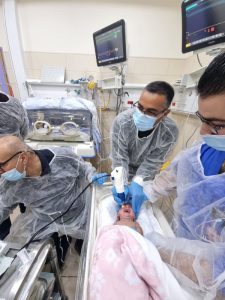
After a period of training, St John Eye Hospital nurse technicians have established a very well-structured screening programme that involves identifying neonates who are at risk of developing ROP, consulting with the neonatologist at the local hospitals and conducting screening.
This involves taking images of the baby’s retina using a highly advanced retinal camera. So far 46 neonates have been screened at two Palestinian Hospitals. Some of these babies required re-checking after 2-3 weeks to ensure they remained free of the disease.
Babies who are found to have retinal vascular problems are observed or referred for treatment with the ophthalmologist, depending on the grade and advancement of the disease. The Eye Hospital plans to include two more neonatal units in this screening programme.

